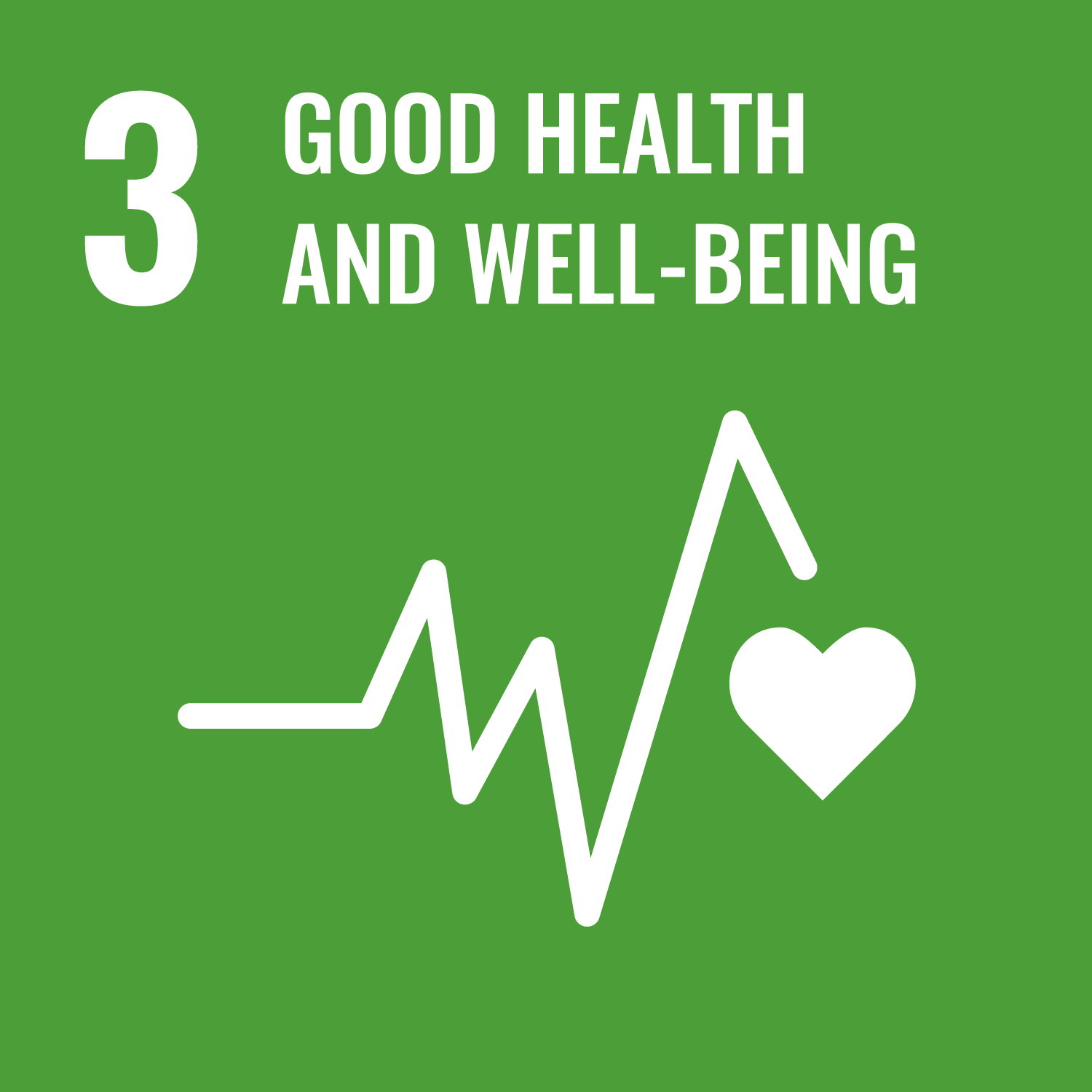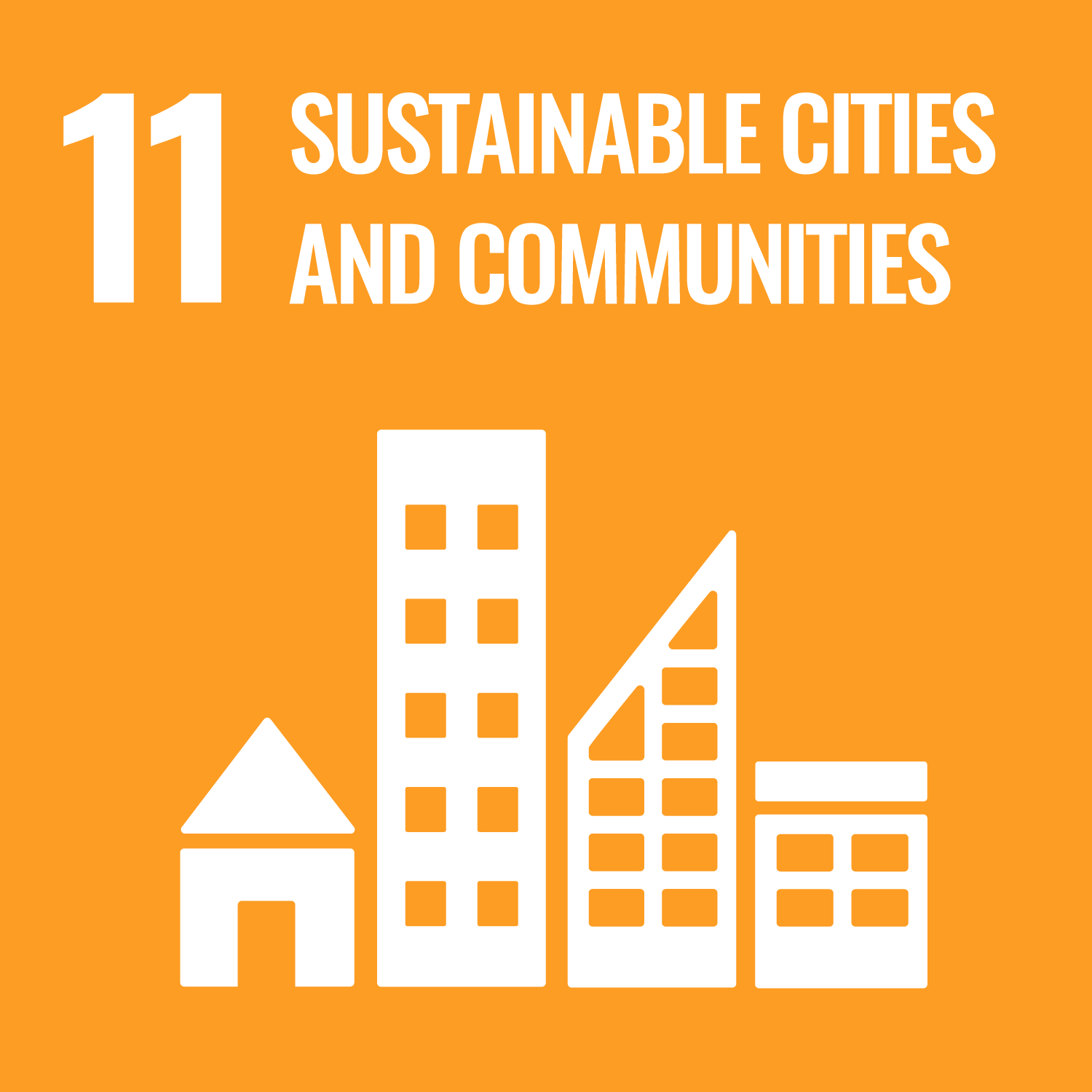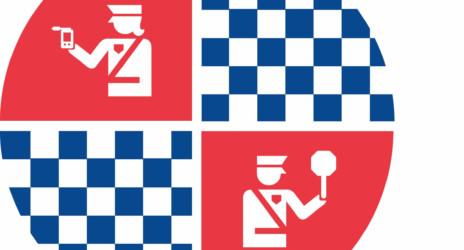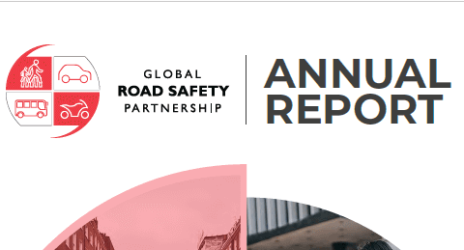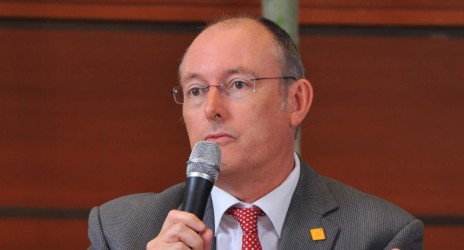RS-10 Saving lives in Russia by campaigning for seat belt awareness
In observance of World Day of Remembrance for Road Traffic Victims on November 21, the citizens of Lipetsk fixed 232 white balloons in the city square, also marking the beginning of a mass public campaign promoting the use of seatbelts.
The campaign was a culmination of efforts undertaken by a consortium of international partners from the global project, Road Safety in Ten Countries (RS-10) which Russia began participating in July 2010. Using the slogan, “Do not break the life line!” the seat belt campaign aims to reduce risks leading to unjustified losses of lives and health on the roads. It is supported by the World Health Organization (WHO), and based upon local experience outlined in a workshop organized by GRSP last October.
At the two-day workshop titled, “Behaviour change in road safety through social marketing campaigns” 32 participants from the road police, region administration, education departments, PR agencies and media were acquainted with advanced world practices on road safety. They worked to develop a common approach to road safety campaigns in the region, and also focused on the use of seatbelts – one of the key risk factors identified for the province.
“At the workshop we discussed the whole project cycle for such a campaign where special attention is given to systematic communication efforts including design, strategy, timing, media planning, enforcement, additional activities and evaluation,” says Barbara Krol, GRSP Programme Coordinator for Europe and Central Asia. “The workshop created good opportunities for common thinking, for implementing new approaches and for fostering partnerships.”
The alarming figures on death rates related to road crashes were one of the central reasons the Russian Government joined the international programme, RS-10, supported by the Bloomberg Foundation. Annually 26,000 people die on the roads in the Russian Federation. In Lipetsk, a region of Russia with a population of 1.2 million, in the first nine months of 2010 a total of 232 people including 9 children lost their lives due to road crashes.
RS-10 uses a diverse approach to addressing road safety issues including law enforcement, infrastructure improvement, data collection and public campaigns. Trainings for road police and other stakeholders in road safety are an essential element of the programme where GRSP plays a leading role.
The RS-10 campaign has made the region of Lipetsk a spring board for a serious improvement in road safety on Russian roads and reduction of deaths and injuries related to road crashes.
“A lot is being done in Lipetsk region for better road safety,” says Kathleen Elsig, GRSP project manager for Europe and Central Asia. “But this problem – fast growing and crossing borders – is too multi-faceted to solve without implementation of up-to-date theories and best practices from other countries and without creating partnerships at all levels. In Lipetsk we see the political will of the regional administration that will lead to mobilization of all related experts and stakeholders in transport, health, business and public sectors – all of which is vital for achieving a success.”
Various campaign events will be supported the second half of 2011 with street banners, commercial video and leaflets. A week-long event was already held from 25 November – 3 throughout the entire region’s city roads called, “Double Sh” – Shokolad or Shtraf” (“chocolate or fine”). Road police together with PR officers, including Lipetsk celebrities and volunteers, advocated for better use of seat belts by handing out chocolates as a reward for wearing a seat-belt. Those who were not wearing their belt received something a little less sweet – a fine.
“And although road crashes will continue to happen,” said Francesco Zambon, WHO Programme Coordinator, who was at the launch of the campaign. “modern technology allows us to reduce the severity of their consequences and to avoid deaths and serious injuries leading to disabilities, seat belts are one of the technologies that one can use individually to reduce the risks and financial costs of road crashes. As soon as the world saw the effectiveness of the use of seat belts – 60% reduction of deaths on the front seats and 75% at the rear seats – the use of seat belts became obligatory almost in all countries around the world.”
The road safety campaign in Lipetsk aims to achieve just this – to encourage the simple, life-saving gesture of using a seat-belt, and taking individual responsibility. There is overall optimism by the RS-10 team and others in the region that this will be achieved.
“The campaign gives very strong messages,” said one road police officer at the launch of the campaign. “I have seen a lot of tragedies on the road and analysed many of them as an observer. Both the workshop and the first events of this campaign force me to look at road crashes from inside. They make us more aware of the potential danger and of our individual vulnerability and responsibility for our lives and the lives of all those who are with us on the road,” he said.
